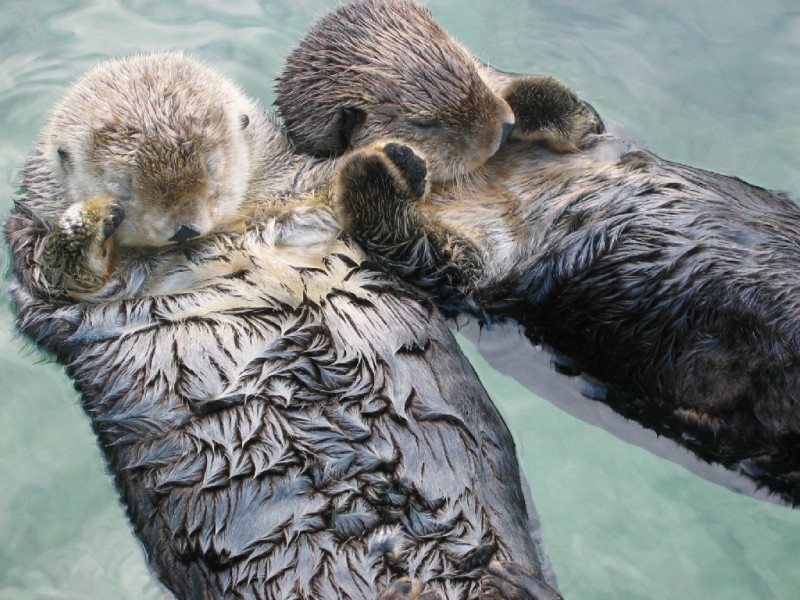Humans are not the only species in the animal kingdom that have monogamous relationships wolves seahorses beavers otters and barn owls are just a few of the other species that mate for life

Humans are not the only species in the animal kingdom that have monogamous relationships

When we think of monogamous relationships, humans often come to mind. However, humans are not the only species in the animal kingdom that engage in committed, monogamous partnerships. Wolves, seahorses, beavers, otters, barn owls, and many other creatures also form lifelong bonds with their mates.
Monogamy, as observed in the animal kingdom, refers to the practice of pairing with a single partner for an extended period or even for life. This behavior ensures that individuals contribute equally to parenting, finding food, and defending territories, which can result in increased reproductive success.

One well-known example of monogamy in the animal kingdom is wolves. These social creatures form packs and establish strong pair bonds. The alpha male and female are typically the only ones allowed to mate, ensuring that their offspring receive the best possible care and protection.
Seahorses, a peculiar fish species, also exhibit monogamy. In seahorse relationships, it is the males who carry the fertilized eggs in a specially evolved pouch. The male seahorse will stay faithful to its partner, supporting the gestation of the eggs until they are ready to be released. This unique role reversal showcases the diversity of monogamous relationships in the animal kingdom.
Beavers are renowned for their engineering skills, but they also engage in monogamous relationships. A beaver pair will work together to construct and maintain their elaborate dams and lodges. Their strong bond ensures efficient cooperation and shared responsibilities, such as caring for their young and securing resources, ultimately contributing to the success of their family unit.
Otters, not only known for their playful antics but also for their monogamous partnerships, form close-knit family groups. These charismatic semi-aquatic mammals rely on their strong pair bonds to raise their offspring and successfully hunt for food in rivers and coastal areas. The unity and cooperation found within otter families are essential for their survival.
Barn owls, with their distinctive heart-shaped faces, exhibit lifelong monogamy. These nocturnal birds form strong pair bonds and fiercely defend their territories. Both male and female barn owls actively participate in securing food for their family, making them another example of monogamous relationships in the animal kingdom.
While it is natural to associate monogamous relationships with humans, it is vital to recognize that several other species exhibit similar behaviors. Wolves, seahorses, beavers, otters, barn owls, and many more creatures have evolved to commit to their mates for life. These monogamous relationships contribute to the overall success and survival of their species.
Source: Summerland Review
Tags
Share
Related Posts
Quick Links
Legal Stuff

